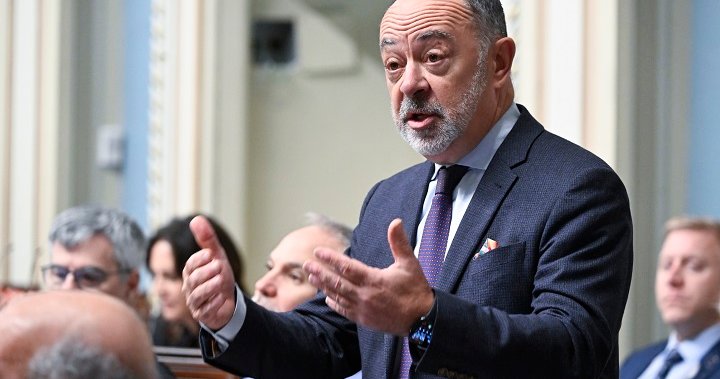The Fédération des médecins omnipraticiens (FMOQ) in Quebec is warning that patients may lose access to primary care services if the province does not reach a new deal with the federation by the end of next month. The current agreement, which allowed for the creation of the primary care access point program known as the Guichet d’accès à la première ligne (GAP) and provided a $120 bonus to physicians in family medicine groups for treating orphan patients, is set to expire on May 31st. Health Minister Christian Dubé stated that while there is no additional funding in the current deal, the agreement remains in place, and the province is open to negotiating a new agreement with the FMOQ.
Despite concerns raised by the FMOQ about potential consequences for patients and doctors if a new agreement is not reached, Dubé reassured that patients would not lose access to their family medicine groups. He expressed confidence in physicians continuing to provide care to patients even without a new agreement in place. However, the FMOQ raised concerns about potential physician shortages if the current agreement ends abruptly, particularly among those nearing retirement or who were previously encouraged to stay on due to the incentives provided by the agreement. The federation warned that reverting back to the previous system would be detrimental to both patients and doctors.
The FMOQ accused the government of risking the loss of doctors and undermining the progress made in the past two years with the current agreement. The federation highlighted the potential difficulty of reengaging physicians who may leave their roles in family medicine groups if the agreement is not renewed. Despite Dubé’s dismissal of claims of wanting to tear up the agreement, opposition parties expressed skepticism and raised concerns about the impact on patients currently waiting for a family doctor. With over 600,000 Quebecers still on a waiting list for a family doctor, the potential disruption in primary care services is a critical issue that needs to be addressed.
The FMOQ emphasized the importance of the current agreement in retaining doctors and improving access to primary care services for patients. The federation expressed disappointment and frustration at the potential loss of progress and return to the previous system if a new agreement is not reached. While Dubé assured that the province is open to negotiations, the uncertainty around the future of the GAP program and primary care services raises concerns about access to healthcare for many Quebecers. The ongoing debate between the FMOQ and the government highlights the challenges in maintaining a sustainable and effective primary care system in Quebec.













